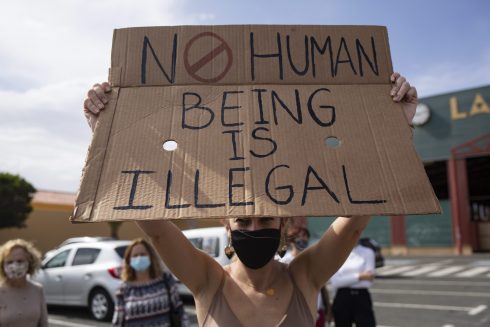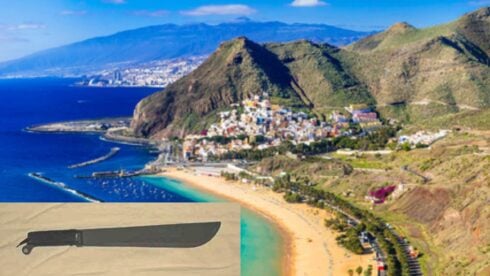SPAIN’S 17 regions will maintain border closure over Easter week and all large events will be suspended.
In a bid to halt the spread of coronavirus, the Spanish Health Ministry, in agreement with the majority of Spain’s regional health authorities, have voted in favour of extending the current coronavirus restrictions on social activity during the Easter period.
READ MORE:
The vote took place during yesterday’s meeting of the Interterritorial Council of the National Health System(CISNS), which is formed by the central Health Ministry and Spain’s regions.
The regions will remain under perimetral lockdowns of territories, meaning no one can enter or leave an autonomous community without a justified reason.
This measure is already in force in all of Spain’s 17 regions, with the exception of Madrid, the Balearic Islands and the Canary Islands.
The Balearic Islands and the Canary Islands will remain exempt of the restrictions.
The measures for the Easter period will be in place from March 26 until April 9, during which no travelling from region to region will be allowed and the nighttime curfew has been set between 11pm to 6am.
In addition to the restrictions for Easter, the Health Ministry has also imposed the same measures for the ‘San Jose’ holiday, a public holiday in Valencia, Murcia, Navarra, Extremadura, Galicia, the Basque Country and Madrid.
The restrictions for the San Jose long weekend will be in place from March 17-21.
The measures for both holidays include restrictions on social gatherings, set at a maximum of 4 people for indoor public spaces, and 6 people for outdoor public spaces with only co-habitants permitted to gather in private dwellings.
The agreement will be published today in the Official State Gazette (BOE), which means that it is binding.
Madrid was the only region to vote against the Easter restrictions.
According to Madrid’s Minister of Health, Enrique Ruiz Escudero, the closure of the region’s borders leads to an increase in local infections.
Click here to read more Spain News from The Olive Press.








